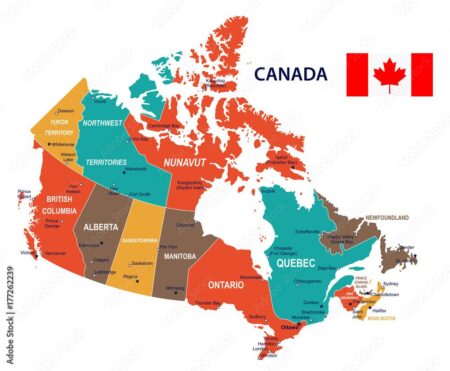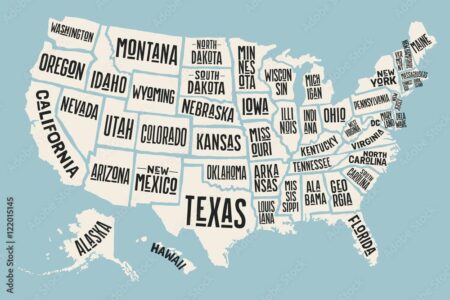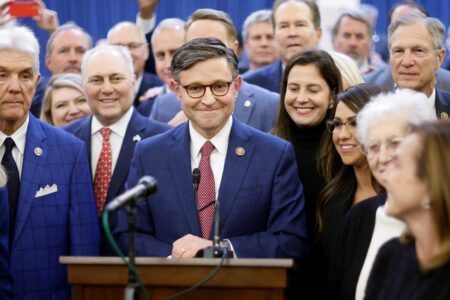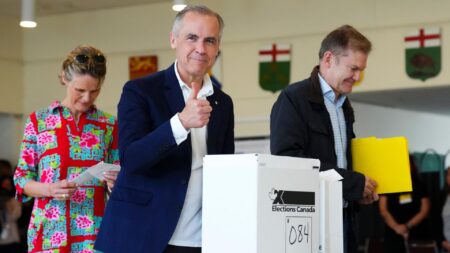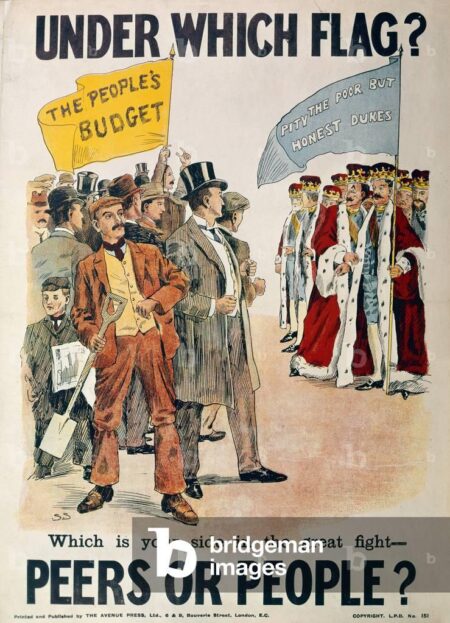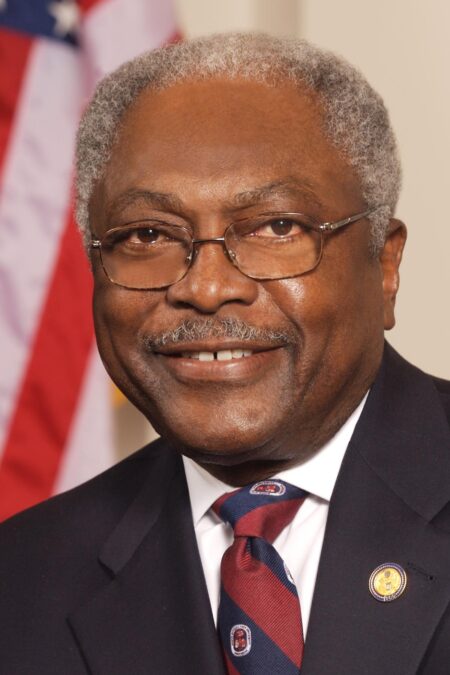Amid Jorge Milei’s sweeping budget cuts to Argentina’s science sector, countless researchers are juggling side jobs just to make ends meet. They fear that years of dedicated training and groundbreaking discoveries could vanish as funding dries up at an alarming pace
Browsing: public policy
Canada’s path to a brighter future shines through bold investments in infrastructure, igniting innovation, and championing social equity. Experts highlight that the key to lasting growth is the dynamic partnership between government, businesses, and communities working together
Canada stands firm amid uncertainty, boldly charting a course toward dynamic leadership in a rapidly changing world. The Hill Times explores how the nation’s cutting-edge strategies are building an unstoppable path to the future
In the captivating article “Contando Estrelas,” we delve into the starkly different reactions to recent blackouts in Spain and Cannes. On one hand, Spanish socialists are uniting to foster community support during this challenging time, showcasing resilience and solidarity. Meanwhile, Cannes finds itself under fire for its perceived elitism, shedding light on the deep social divide that persists. This juxtaposition not only reveals the varied approaches to crisis management but also invites us to reflect on our values as a society.
In a bold and contentious move, French President Emmanuel Macron’s party has put forward a proposal to ban headscarves for girls under 15 in public spaces. This initiative has ignited a passionate debate across the nation, pitting the principles of secularism against personal freedoms. Advocates and opponents alike are passionately sharing their views, making this a hot topic in contemporary France.
In her latest article for The Guardian, Gabrielle Chan delves into the intriguing idea that stepping away from the Liberals could breathe new life into the National Party’s grassroots charm. She passionately contends that embracing rural priorities might just restore the true spirit of Australiaﻗs rural representation
A troubling homelessness crisis is unfolding at Madrid’s airport, where countless individuals are finding shelter from the harsh realities of life on the streets. As reports highlight this escalating situation, itﻗs clear that resources are being stretched thin, sparking urgent discussions about how the city can better support its most vulnerable residents.
Japan has proudly secured the 14th spot in the latest UNICEF Child Well-Being Survey, showcasing a blend of achievements and ongoing challenges in its mission to enhance children’s quality of life. This insightful report underscores the importance of maintaining a strong commitment to education, health, and robust social support systems for future generations.
Italy is on the brink of a transformative moment as it prepares for crucial referendums that could redefine labor laws and citizenship criteria. These upcoming votes will tackle vital issues surrounding workers’ rights and pathways to citizenship, echoing the public’s strong call for reform. With anticipation building, the nation stands ready to face the consequences of these pivotal decisions.
The newly rebranded Reform Party is poised to shake up UK politics, tapping into the rising wave of dissatisfaction with established parties. With its bold populist policies, it aims to draw in disenchanted voters and transform the political arena like never before.
In a crucial turning point for global governance, Tangle News highlights the pressing need for the United States to protect democratic ideals at home and abroad. With challenges to democratic institutions on the rise, taking proactive steps is vital to ensure their continued existence.
In a bold move, House Republicans have served a subpoena to the chairman of USA Fencing, who has notably supported the participation of transgender athletes in women’s sports. This action highlights the heated discussions surrounding fairness and inclusivity in the world of competitive athletics.
In the wake of his recent election triumph in Canada, Finance Minister Mark Carney is stepping into the spotlight as a dynamic global leader, ready to take on the policies of former President Trump. With a vision for stronger international collaboration, Carney is determined to tackle urgent economic challenges head-on.
Following the Liberal Party’s triumphant win in Canada, experts are buzzing with insights about its global ramifications. Analysts believe this victory is a powerful endorsement of progressive policies and a renewed focus on climate action, solidifying Canadaﻗs position as a beacon of leadership in international diplomacy and collaboration.
The House of Commons Library has embarked on an exciting new mapping project designed to unravel the complexities of the United Kingdom’s constitution. This initiative seeks to illuminate the often-overlooked unwritten elements and intricate legal framework, empowering citizens with a clearer understanding and encouraging vibrant, informed discussions.
As Australia gears up for an exciting election season, early voting has taken center stage as a vital part of our democratic journey. The Australia Institute sheds light on emerging trends and voter turnout, underscoring the crucial need to make participation easier and more accessible for everyone in 2023.
In a captivating recent episode of the Talking Headways Podcast, Streetsblog USA explores the intricate relationship between urban policy and civil rights. Join host Jeff Wood as he unpacks how legal frameworks can either champion or obstruct fair street design and accessibility for all
Experts are sounding the alarm: Canada’s political party platforms are missing the mark when it comes to national defense. As geopolitical tensions escalate, it’s more important than ever for our leaders to present unified strategies that tackle emerging threats head-on. A robust and comprehensive defense policy is essential for ensuring the safety and security of Canada.
A recent ruling in the UK has sparked fresh debates over the legal definition of ﻗwoman,ﻗ reigniting discussions around same-sex spaces and gender identity. This pivotal decision is set to influence policies across multiple sectors, igniting conversations about inclusivity and individual rights that are more relevant than ever
In a compelling interview with MSNBC, Rep. Jim Clyburn voiced his deep concerns about the alarming rise of authoritarianism in the U.S., likening it to the troubling times of 1930s Germany. He passionately underscored the critical need for vigilance and open dialogue as essential tools in safeguarding our democracy during these increasingly divided times


